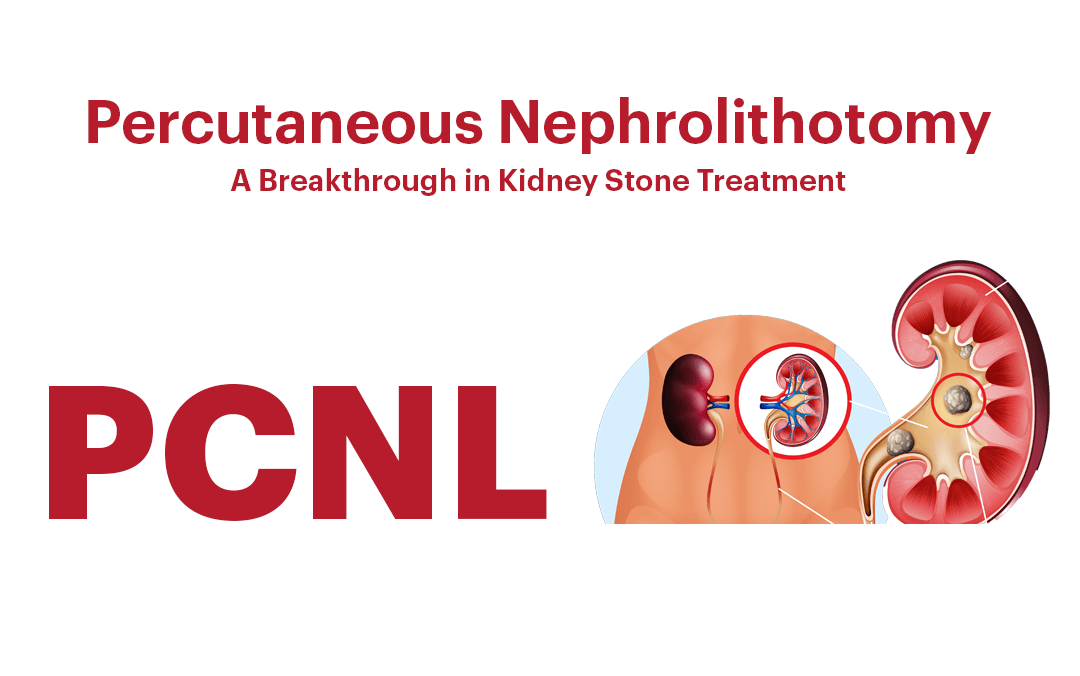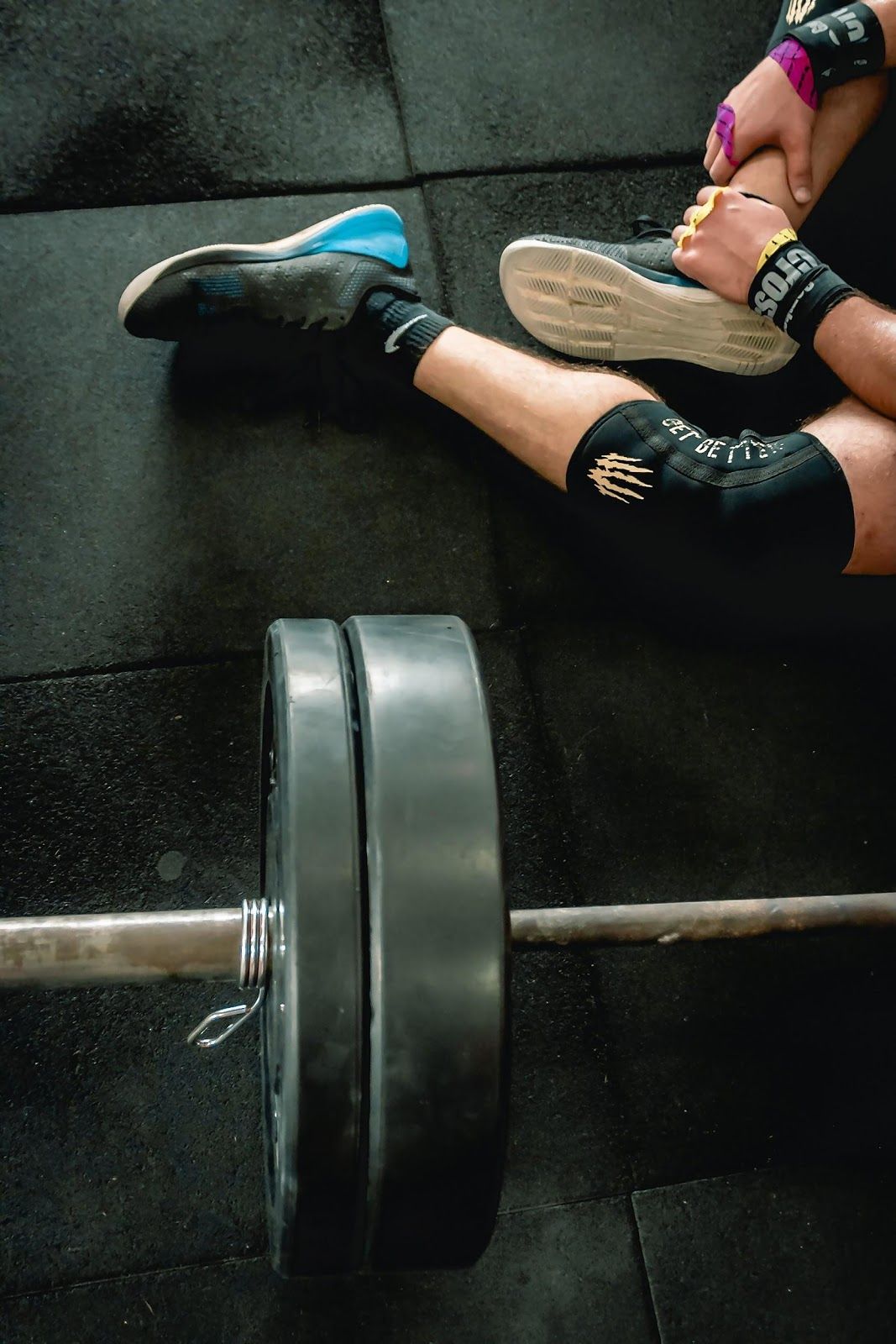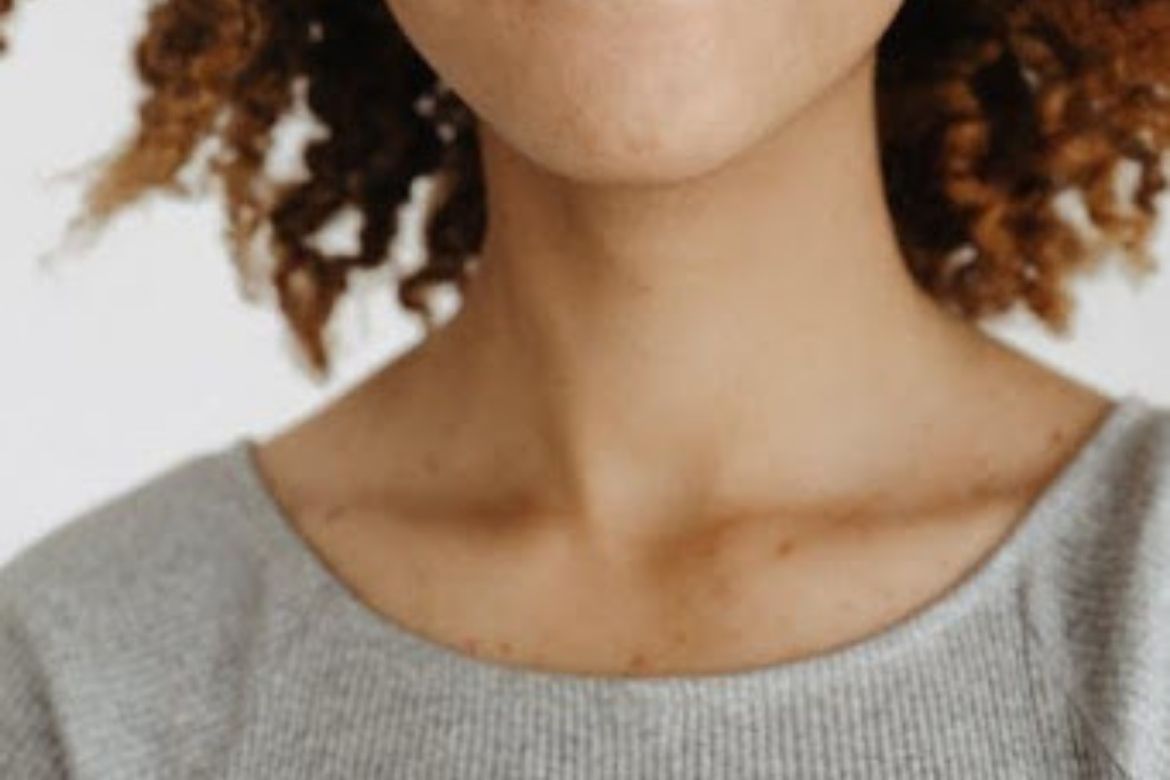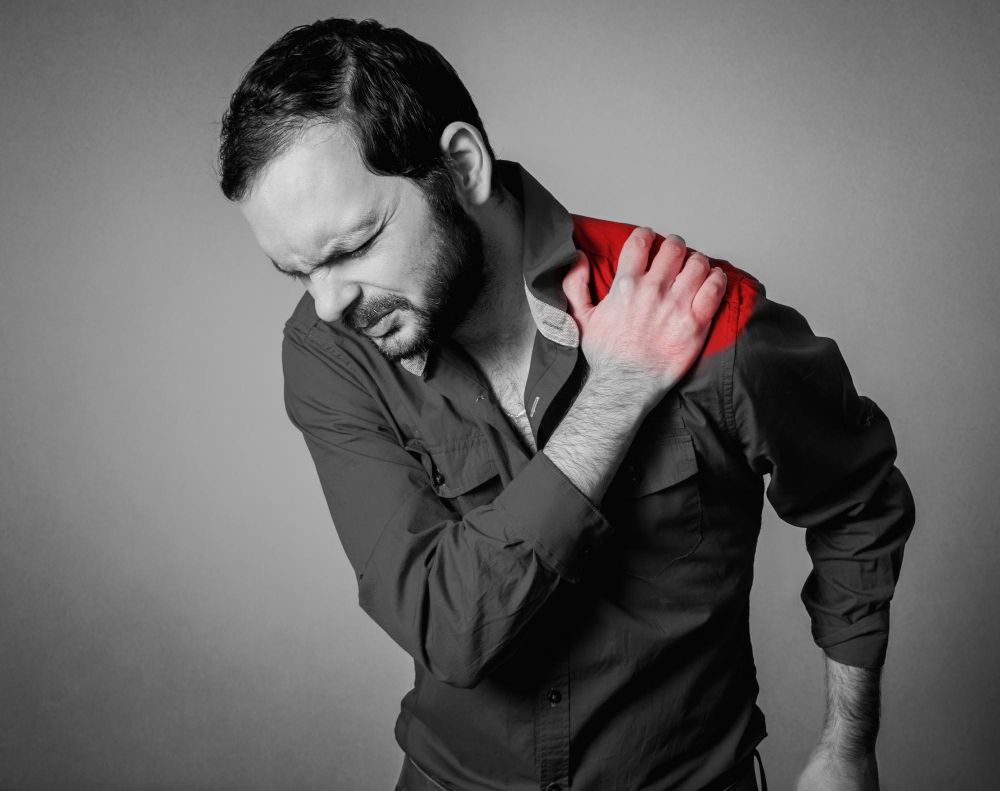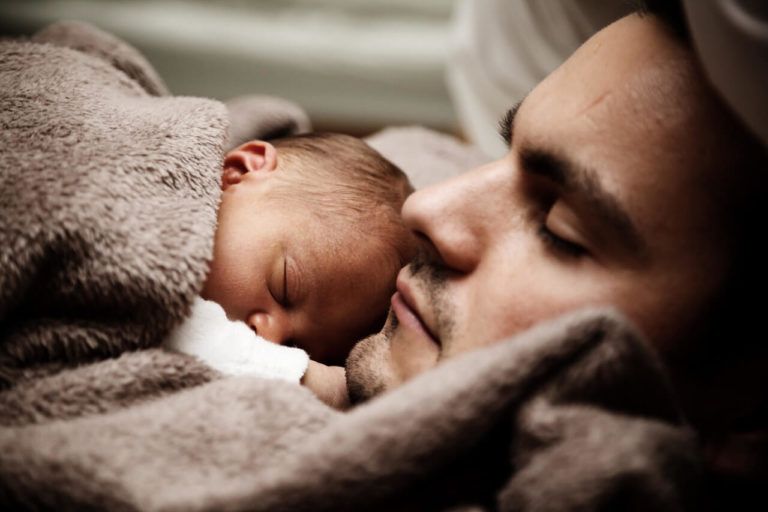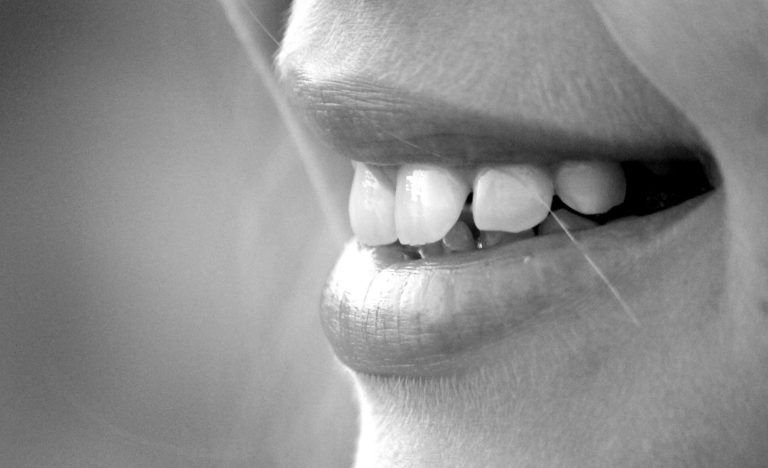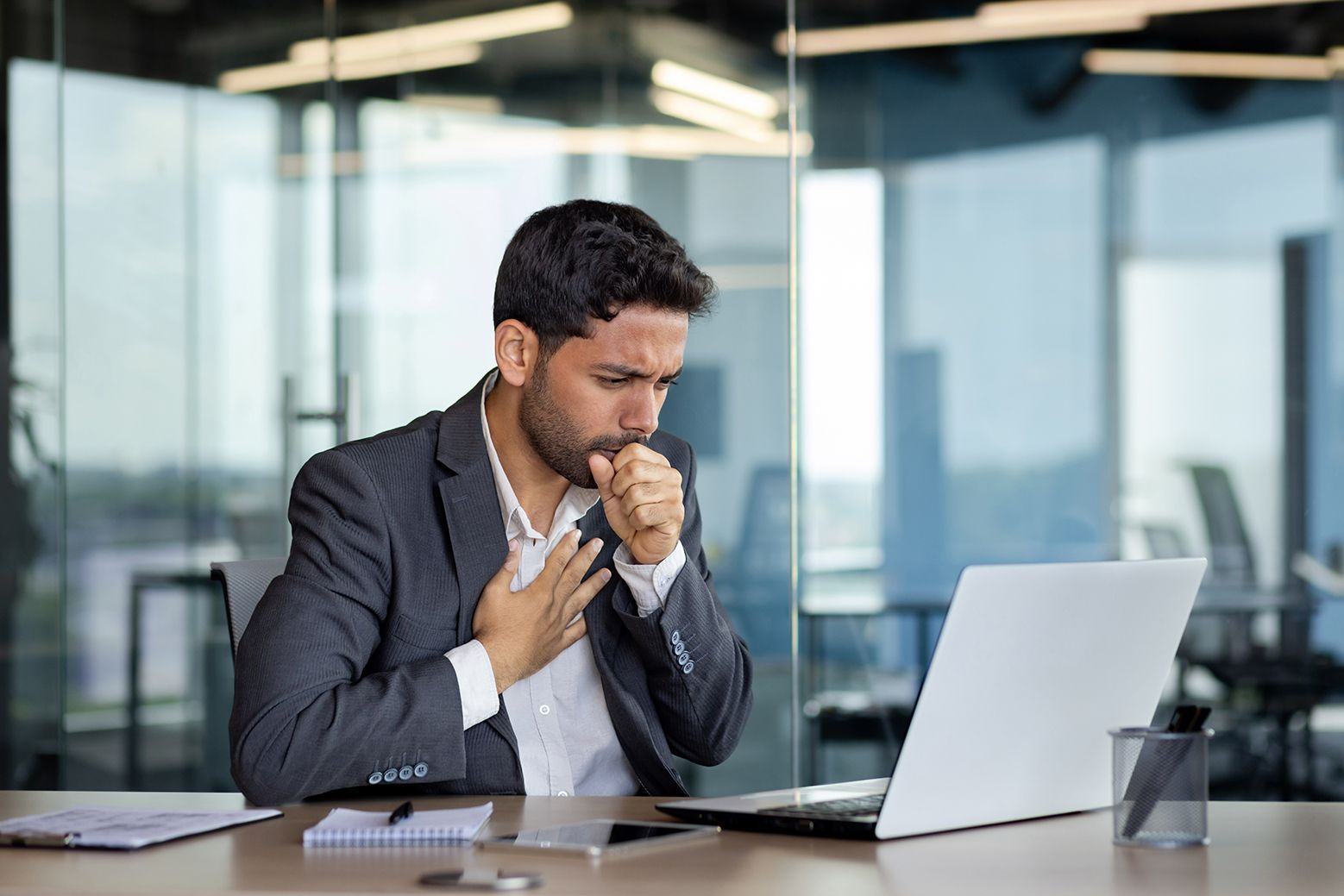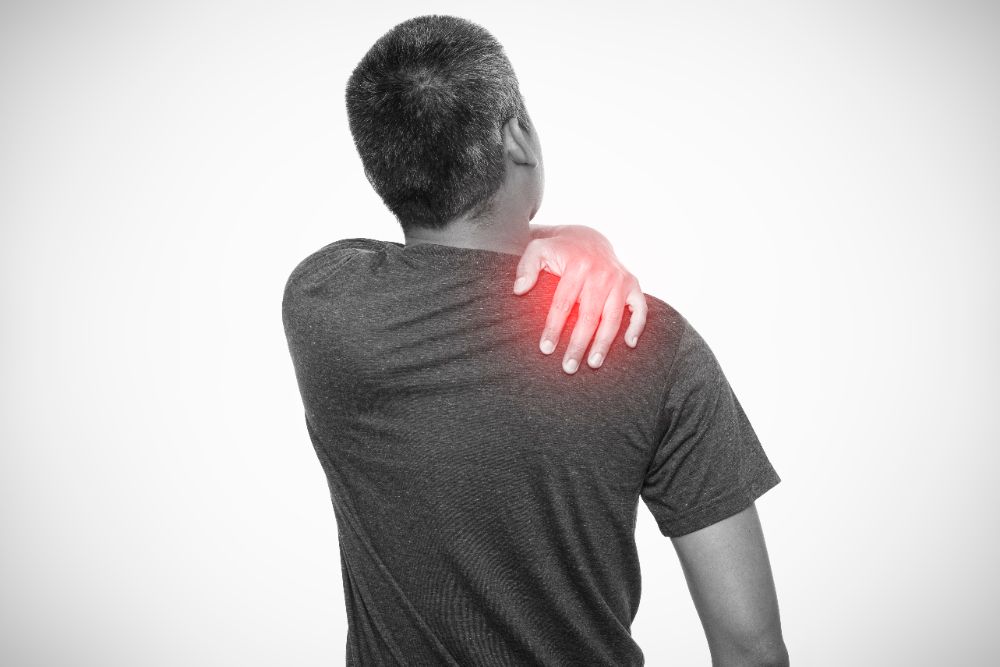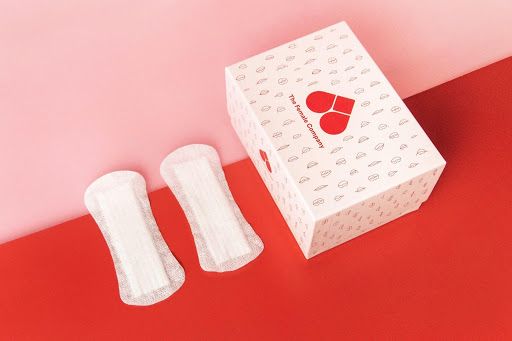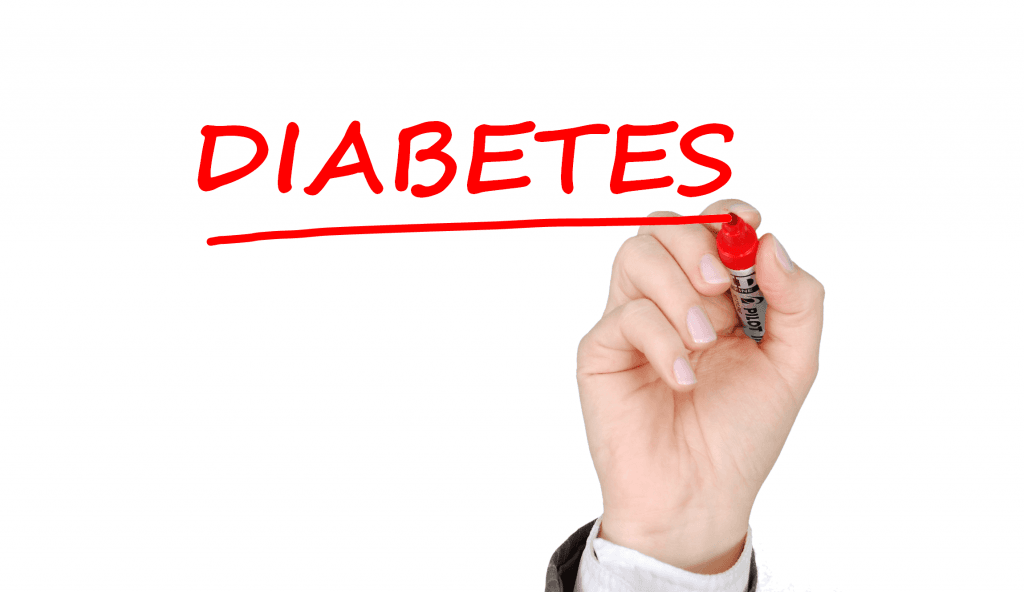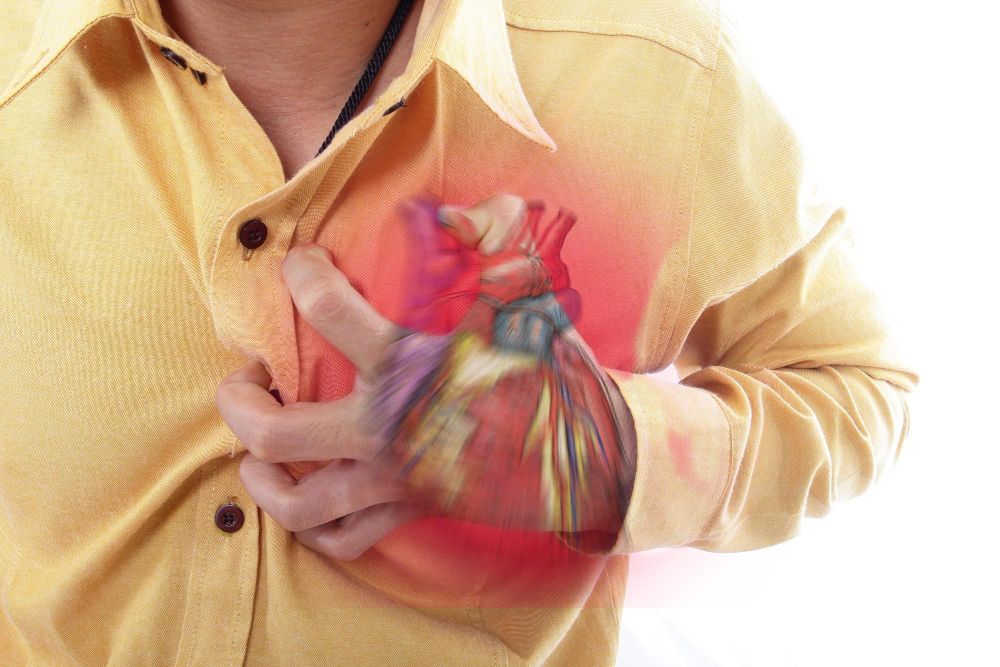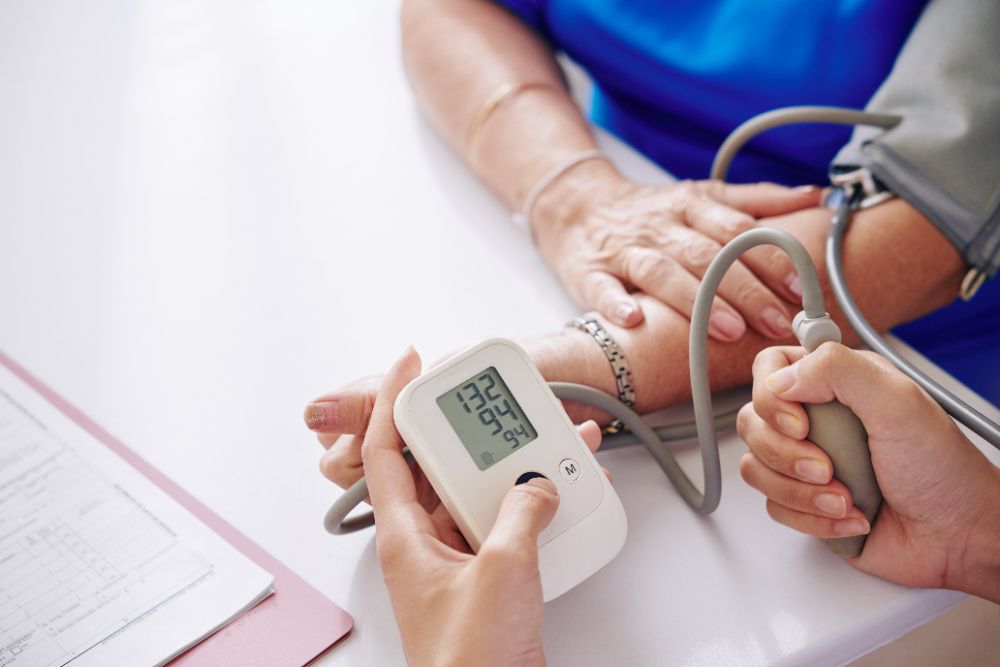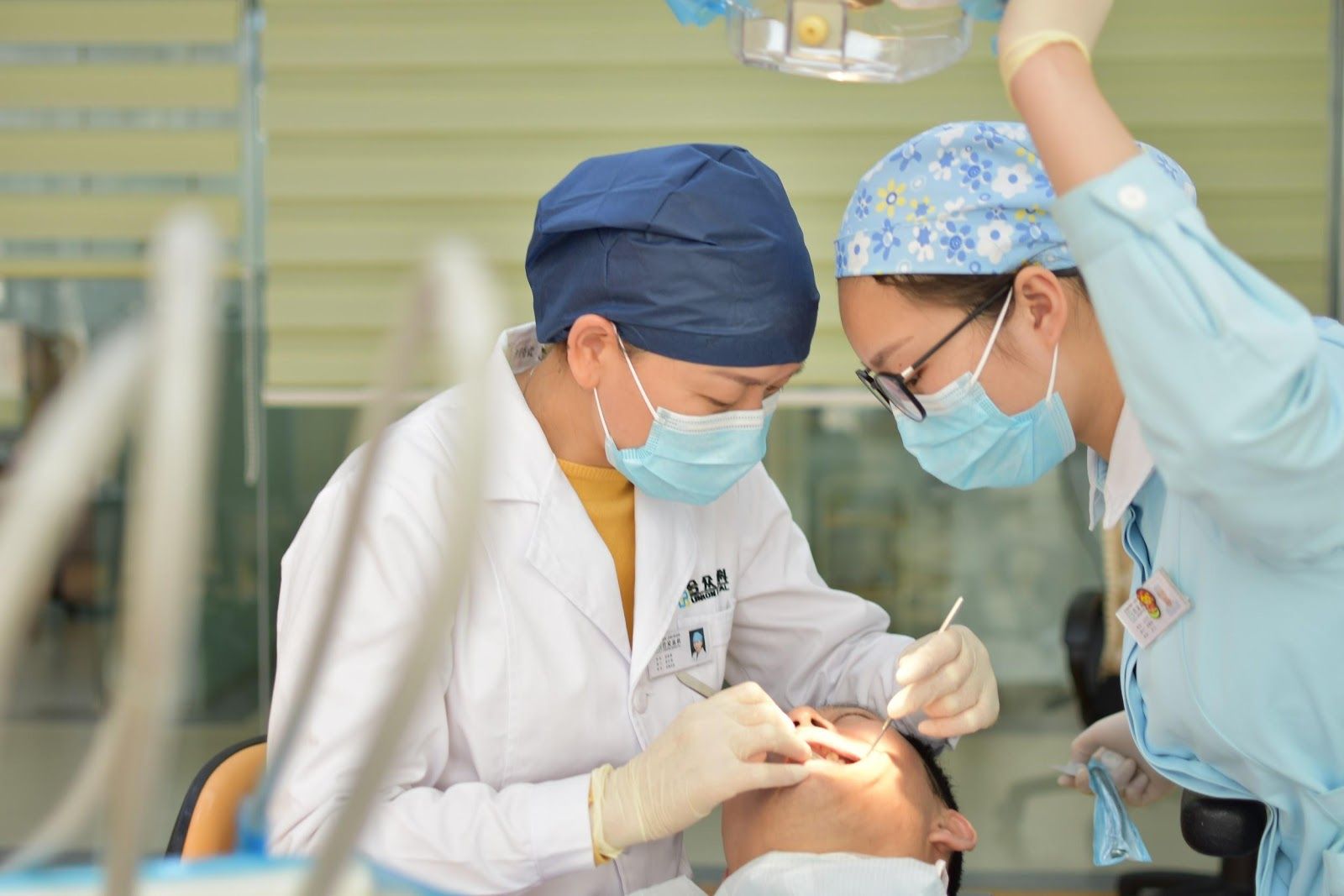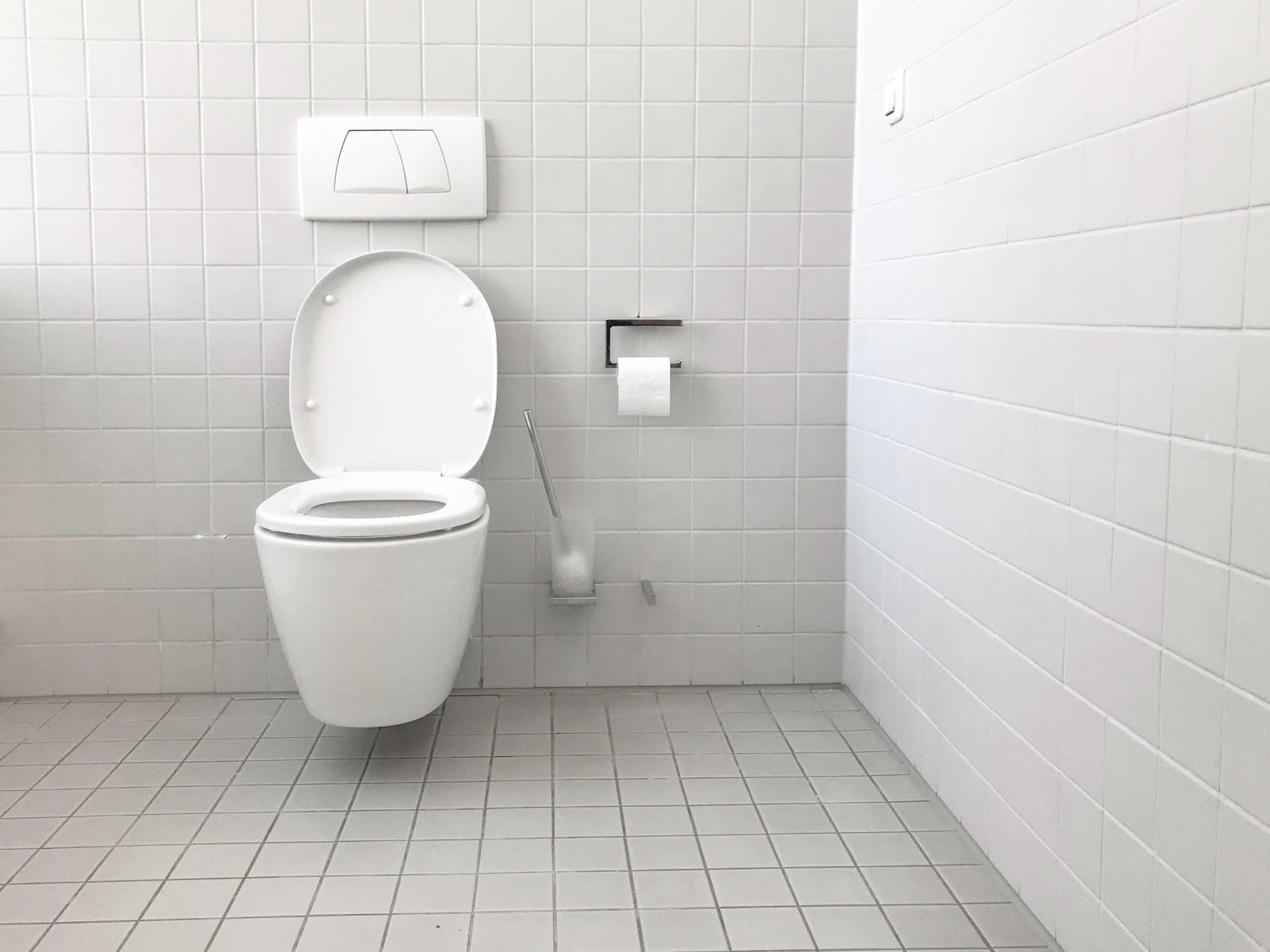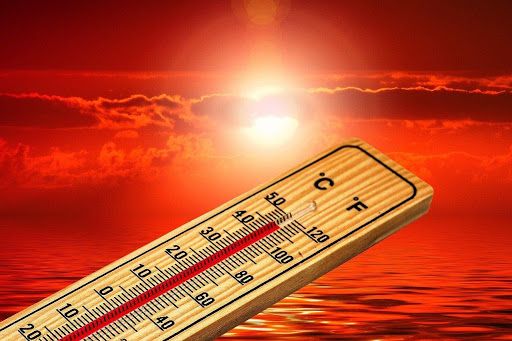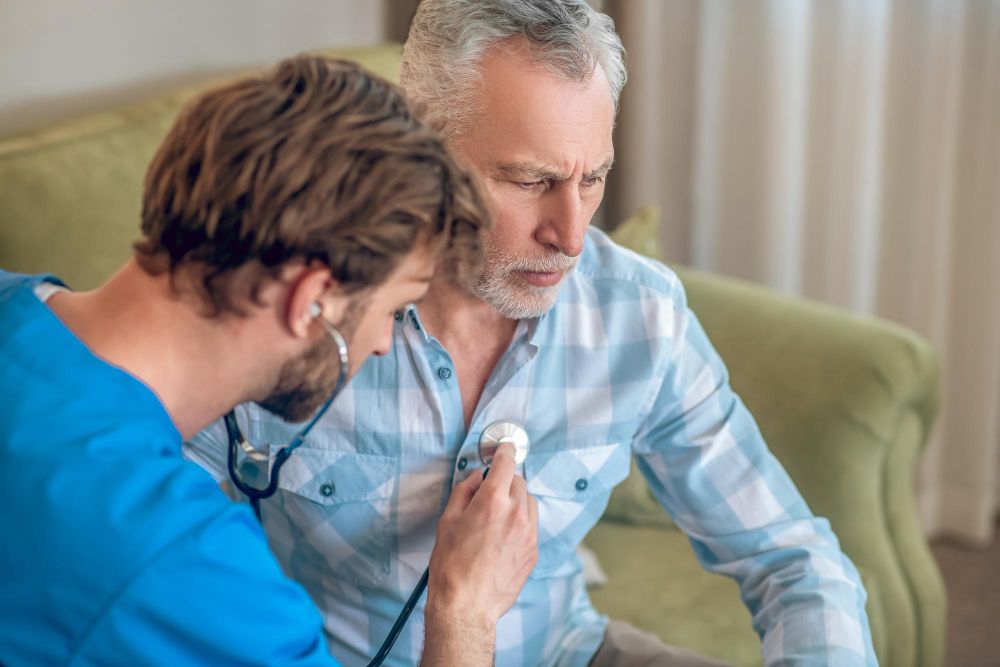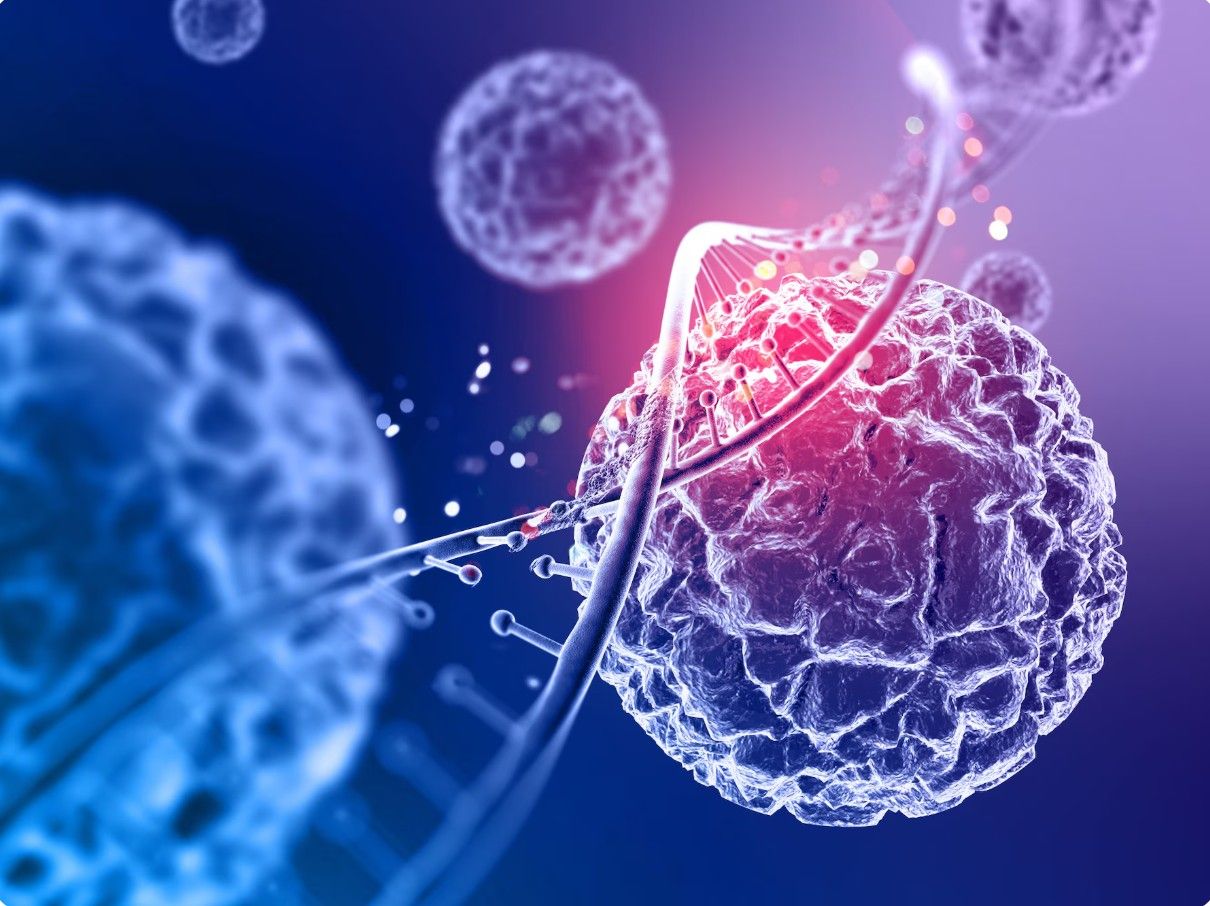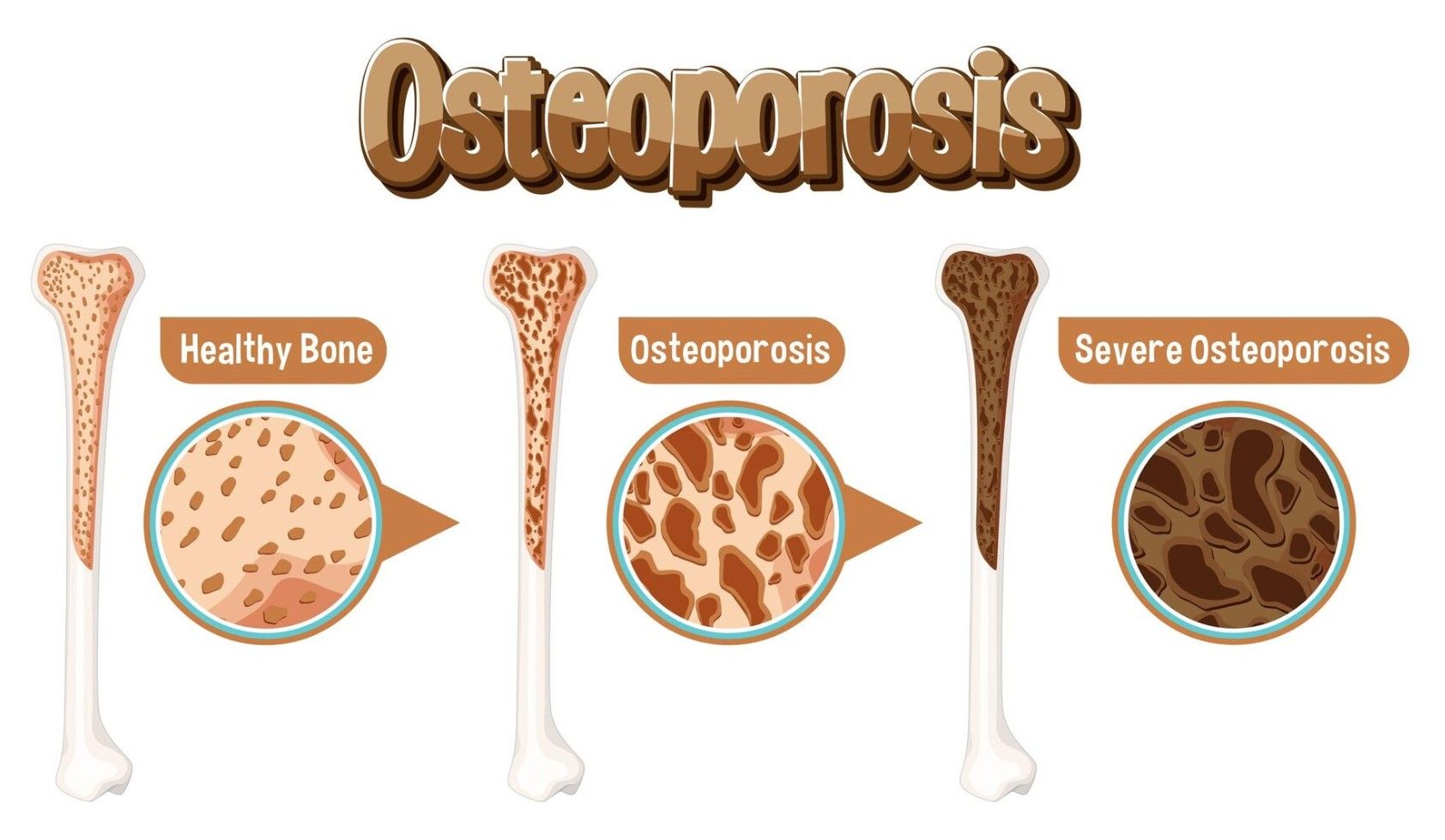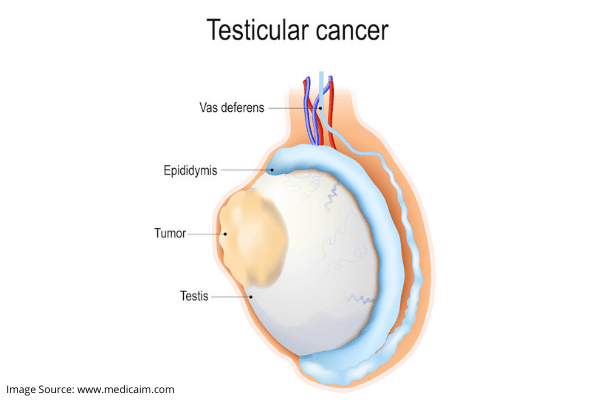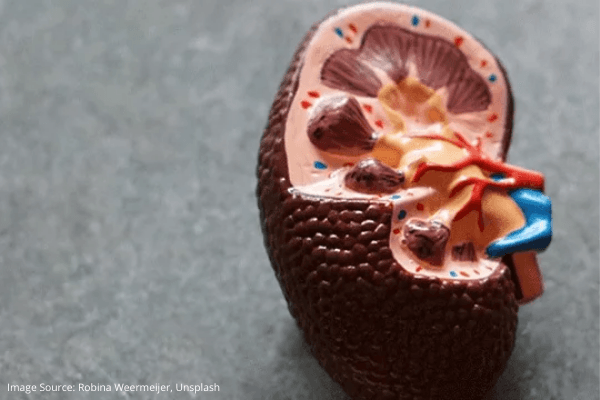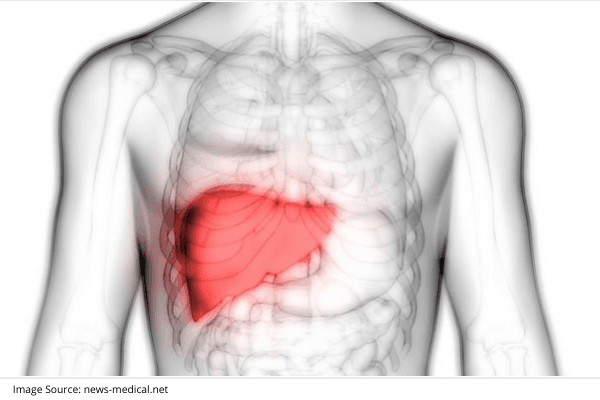Percutaneous Nephrolithotomy (Pcnl): A Breakthrough in Kidney Stone Treatment
Kidney stones, those small, hard mineral deposits that form in the kidneys, can cause excruciating pain and discomfort. Fortunately, modern medicine offers several treatment options, one of which is Percutaneous Nephrolithotomy (PCNL). This cutting-edge procedure has revolutionized the management of kidney stones, providing patients with a highly effective and minimally invasive approach to stone removal. In this educational content, we will explore PCNL, delving into its indications, the procedure itself, recovery, potential complications, and its importance in modern urology.
Understanding Kidney Stones and the Need for PCNL
Kidney Stones: Kidney stones are solid crystalline structures that form in the kidneys when there is an excess of certain minerals in the urine. They can vary in size and composition and are notorious for causing intense pain when they pass through the urinary tract.
Indications for PCNL: PCNL is typically recommended for patients with large kidney stones or stones that are located in areas of the kidney that are difficult to access using traditional methods.
The PCNL Procedure
Anesthesia: PCNL is performed under general or spinal anesthesia to ensure the patient's comfort and safety during the procedure.
Access: The surgeon makes a small incision on the patient's back to access the kidney directly. This is typically done under guidance from imaging techniques like fluoroscopy or ultrasound.
Nephroscope Insertion: A nephroscope, a specialized instrument with a light source and a camera, is inserted through the incision to provide a clear view of the kidney's interior.
Stone Removal: Using various instruments, such as laser fiber or ultrasonic devices, the surgeon precisely breaks the kidney stone into smaller fragments. These fragments are then removed through the nephroscope.
Placement of a Drain: At the end of the procedure, a tube or stent may be placed to facilitate urine drainage and aid in the healing process.
Recovery and Aftercare
Hospital Stay: Patients typically spend a day or two in the hospital following PCNL, though the exact duration can vary based on individual factors.
Recovery Time: Recovery involves some pain, discomfort, and blood in the urine. Patients may be advised to limit physical activity for a few weeks. Full recovery varies, but most people can resume their normal activities within a few weeks to a couple of months.
Follow-up: Follow-up appointments with the urologist are essential to monitor recovery, assess stone clearance, and remove any temporary drainage tubes or stents.
Potential Complications
Bleeding: While PCNL is generally a safe procedure, bleeding can occur, especially in cases of complex or large stones. It is typically managed during the surgery, but occasionally, additional interventions or blood transfusions may be required.
Infection: Infections are rare but possible. Antibiotics are typically administered before and after the procedure to minimize this risk.
Injury to Surrounding Structures: There is a slight risk of injury to adjacent organs or structures during the PCNL procedure, but these are exceedingly rare.
Residual Stones: In some cases, not all stone fragments are successfully removed during the initial PCNL. This may require additional procedures or treatments.
The Significance of PCNL in Modern Urology
PCNL has transformed the treatment of kidney stones by providing a minimally invasive alternative to open surgery. In the past, large or complex kidney stones often required open surgical procedures, which had longer recovery times and increased risks. PCNL, with its small incisions and advanced technology, has significantly reduced these risks and improved patient outcomes.
Furthermore, PCNL allows urologists to target stones in challenging locations within the kidney, offering a more effective solution for patients.
Conclusion
Percutaneous Nephrolithotomy (PCNL) is a groundbreaking procedure that has reshaped the landscape of kidney stone treatment. With its minimally invasive approach, high success rate, and reduced recovery times, PCNL stands as a testament to the ever-advancing field of urology.
Patients suffering from large or complex kidney stones now have a powerful and effective solution, promising relief from the pain and discomfort caused by these troublesome mineral deposits. Consulting with a urologist can help patients determine if PCNL is the right choice for their unique circumstances, considering the stone's size, location, and the patient's overall health and preferences.
Ten Effective Remedies That You Can Refer to When You Are Suffering from Muscle Cramps
Finally starting off with the gym life can get too overwhelming until you hit those muscle cramps along with the weights.
Skin Tags - Benign Tumor or Cancerous Tumor?
Skin tag if observed is a narrow stalk that hangs about your skin, bulging at the end. They are usually freshly colored and can grow anywhere on your body.
Rotator Cuff Tear
A rotator cuff tear is a rotator cuff injury that can cause shoulder pain and loss of arm function. The rotator cuff is a set of muscles and tendons in your shoulder.
Importance of Parental Counselling
Right from the moment you tell your friends and family about your pregnancy, little hints keep coming your way on parenting your unborn child!
Taking Care of a Terminal Patient? Here Are Six Ways to Help Them to the Fullest
A terminally ill patient is someone who has a relatively short life expectancy. Terminally ill people are usually shifted from an actively curative medicinal regime
Stages of Tooth Decay and Their Treatment Options
Tooth decay refers to the degradation process of the structure of the tooth resulting in permanent damage.
12 Home Remedies for Dry Cough
The flu, common cold, asthma, cigarette smoke exposure, and other conditions can all cause a dry cough. Home remedies such as honey, peppermint, and air purifiers may be beneficial.
Shoulder Dislocation
Shoulder dislocation occurs when the bones of your shoulder joint are pushed or forced out of their normal positions.
5 Facts to Keep in Mind for Your Monthly Menstruation Cycle
Our menstruation indicates multiple activities within your body. Every month, your uterus forms a thicker lining for the ovary to release an egg for a possible pregnancy.
Different Types of Diabetes
Junk food and increasing physical activity are leading to a worldwide epidemic of obesity, resulting in diseases like diabetes
Dilated Cardiomyopathy
Dilated cardiomyopathy is a form of heart muscle illness in which the heart chambers (ventricles) weaken and stretch, becoming bigger.
Hypertension (High Blood Pressure)
High blood pressure, also known as hypertension, is a condition in which the blood flow against the inner walls of the arteries is persistently high.
3 Cosmetic Dentistry Procedures You Did Not Know About
Over the past few years, cosmetic dentistry has undergone significant evolution in society. With the increasing demand for cosmetic dentistry, it is no longer a luxury; it has become a necessity.
5 Lifestyle Changes That Will Help with Your Urinary Incontinence
Urinary Incontinence is quite a painful and embarrassing condition to have. It refers to the loss of bladder control, which can vary from a slight release of urine after sneezing, coughing, or laughing, to a complete inability to control urination.
5 Tips This Summer to Avoid Heatstroke
Certain jobs demand fieldwork in the scorching heat. The warm weather, bright sun, and the blue skies are not always an excellent working environment for them at all.
6 Home Remedies for Yeast and Vaginal Infections
Yeast infection is common among women. You might have had the experience of irritating soreness and itching that prolonged for days due to not knowing about the cause.
Aortic Dissection
An aortic dissection is a tear in the aorta. This is the primary artery that transports oxygen-rich blood from your heart to the rest of your body.
Bariatric Surgery and Weight Loss
Bariatric surgery, also known as weight loss surgery, is performed on individuals suffering from obesity. It involves a variety of procedures that help maintain long-term weight loss and also aid in treating obesity.
Best Foods to Cleanse Your Liver
Your liver is one of the largest organs in your body and its primary function is to filter the system by converting toxins to waste products, cleansing your blood and process various nutrients.
Infertility and its Major Causes and Treatments
Infertility is an issue that’s on the rise – not just in India but all over the world. It’s estimated that, on average, one out of every six couples has had issues with infertility.
Precautions to be Taken to Avoid Eosinophilia
Let’s begin with talking about eosinophils – they are just a type of white blood cells that are laden with reactive chemicals which get released under specific conditions to cause mayhem in the body
What is BMD Assessment and its Significance in Treating Osteoporosis
Osteoporosis is that creepy monster lurking in the dark, waiting to manifest itself as you age and get less active.
Signs of Testicular Cancer
Men have a pair of testicles located in a sac-like pouch called the scrotum. It forms part of their reproductive system and are responsible for sperm production.
Signs and Symptoms of Kidney Stone
Your kidneys are very important organs in the body; they regulate water content, filter waste from blood, and produce hormones.
Treatment For Liver Failure
Treatment for liver failure depends largely on the causative agent; for example of it’s due to hepatitis virus infection, then hydration and supportive care needs to be provided while the body’s immune system fights back. If it’s due to gallstones,
Related Blogs
Ten Effective Remedies That You Can Refer to When You Are Suffering from Muscle Cramps
Finally starting off with the gym life can get too overwhelming until you hit those muscle cramps along with the weights.
Skin Tags - Benign Tumor or Cancerous Tumor?
Skin tag if observed is a narrow stalk that hangs about your skin, bulging at the end. They are usually freshly colored and can grow anywhere on your body.


